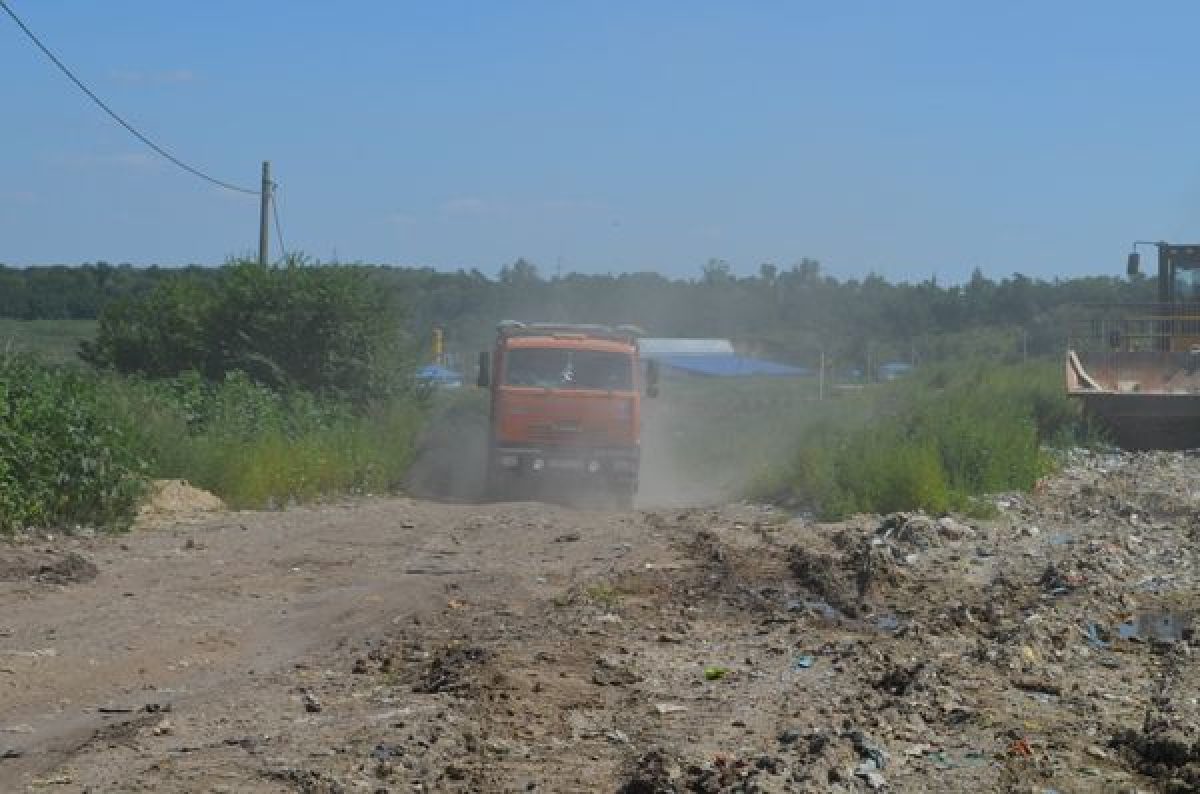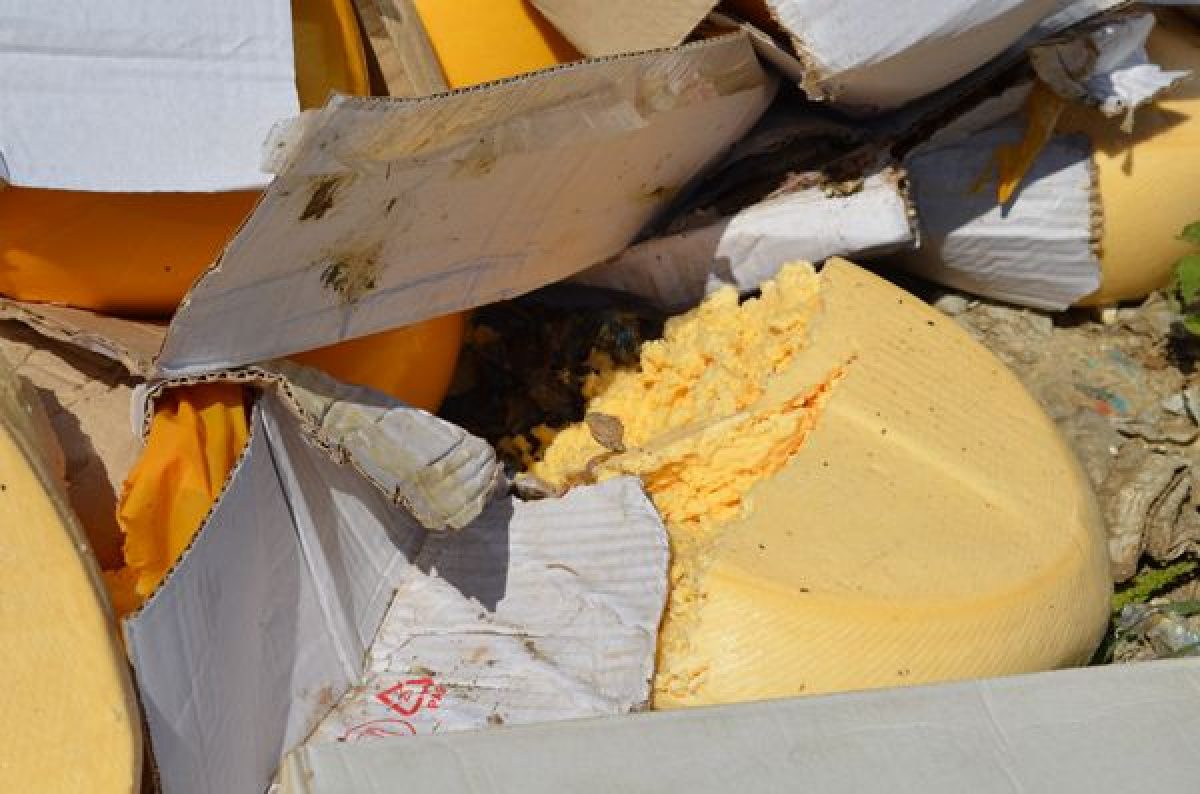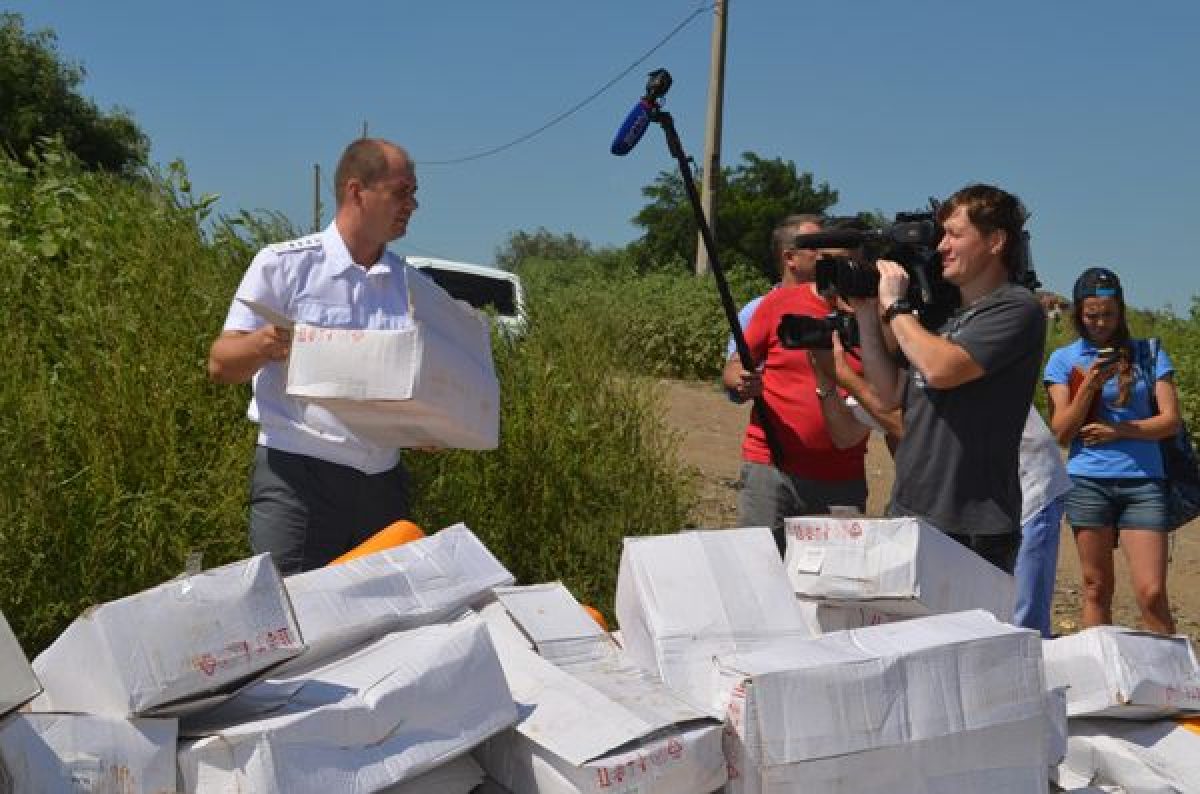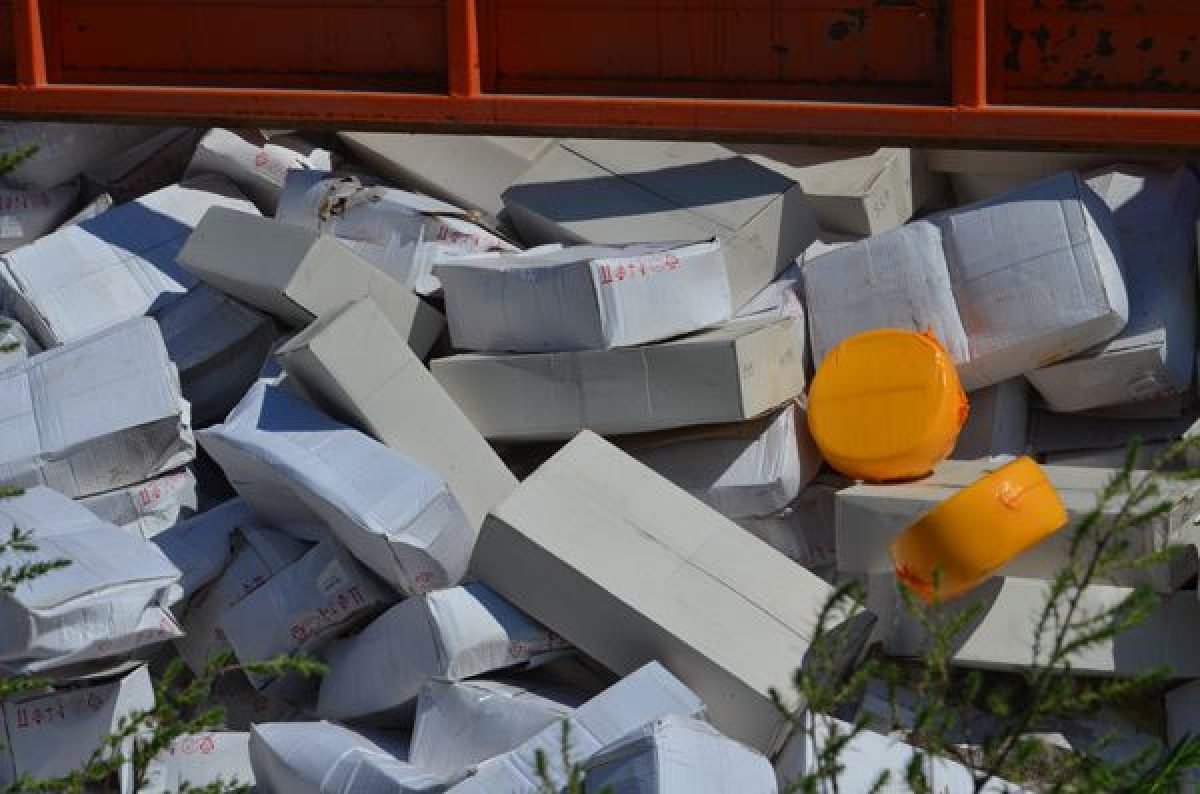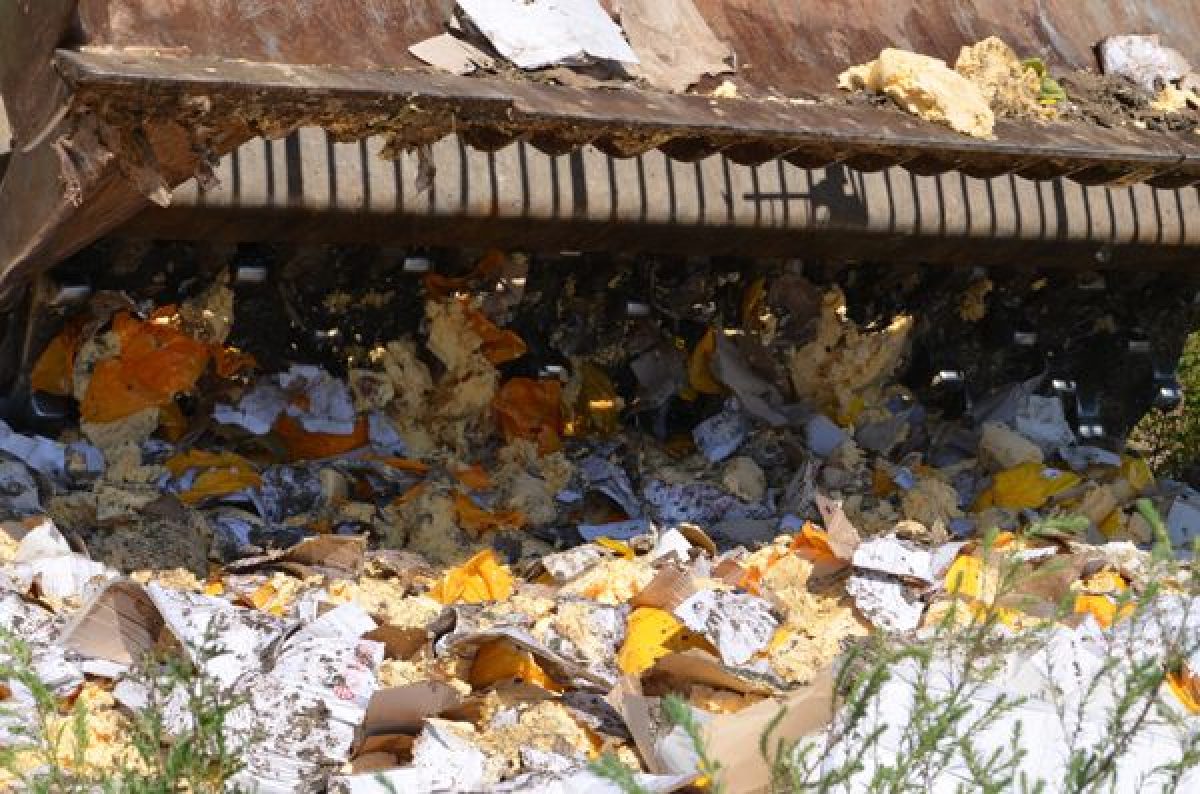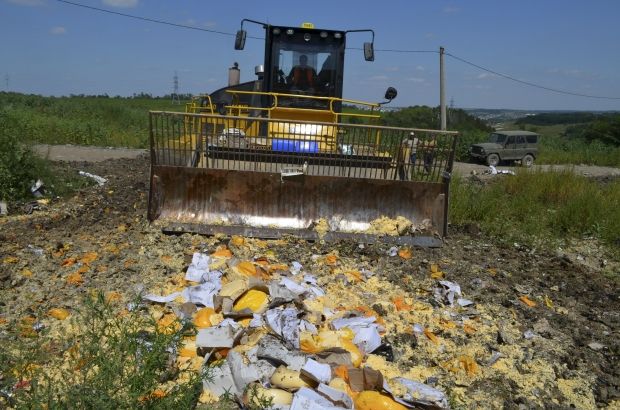
On the first day of the campaign on August 6, 2015, different Russian regions reported that they had discovered over 250 tonnes of apples, peaches, pork, tomatoes, and cheese, which were partly burnt and crashed by tractors, RIA Novosti reported.
In addition, to avoid misunderstandings, the Russian Federal Supervision Agency for Customer Protection and Human Welfare (Rospotrebnadzor) threatened huge fines for "eating" embargoed products and said that such method of destruction was not considered.
Amusing incidents also happened on the first day of the campaign: having learned that his illegal freight would be burnt; a truck driver made a U-turn and drove back to Belarus, having forgotten to take his passport from a border guard.
At the same time, a petition calling the Russian authorities to stop the destruction of embargoed goods smuggled into Russia and transfer them to the needy has collected 280,000 votes. Yet, Russian Agriculture Minister Aleksandr Tkachev claims that it would be wrong to hand over products of unclear quality to people. The Russian agricultural watchdog Rosselkhoznadzor expects that the smuggling will stop after the first cases of destruction of the illegally imported products.
Znak.com
Russia decided to extend its embargo on food imports from the United States, European Union member countries, Canada, Norway and Australia by another year, until August 5, 2016.
The ban applies to imports of meat, meat products, milk, dairy foods, fish and fish products, as well as vegetables and fruit. At the same time, the revised list no longer includes trout fry, as well as oyster and mussel spat.
Also new to this year's list is special conditions for imports of lactose-free milk and dairy products: they can be imported only for the purposes of nutritional and preventive therapy.
Starting from August 6, 2015, all food products imported to Russia in violation of the existing embargo must be disposed of. This is stipulated in a Russian presidential decree.

